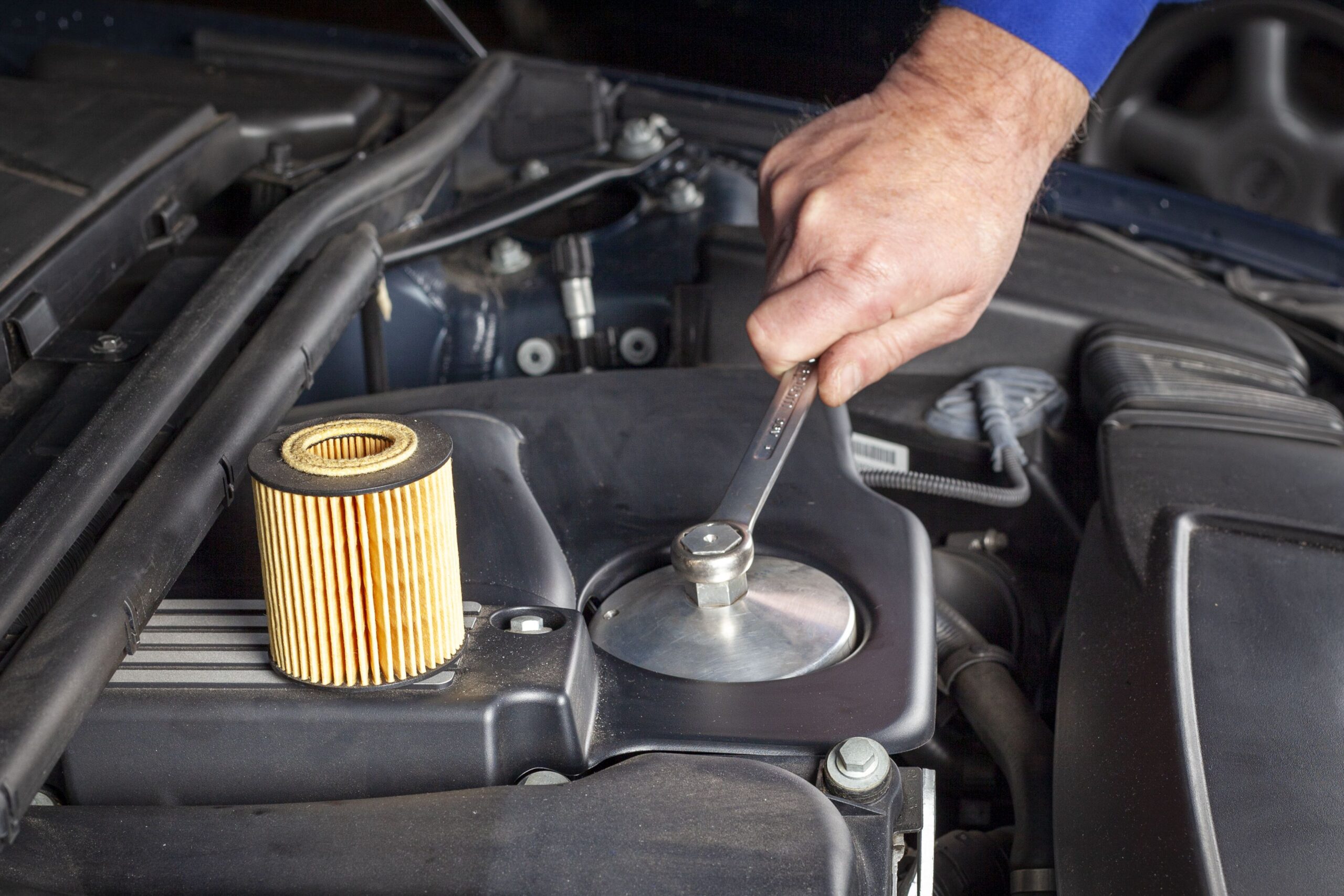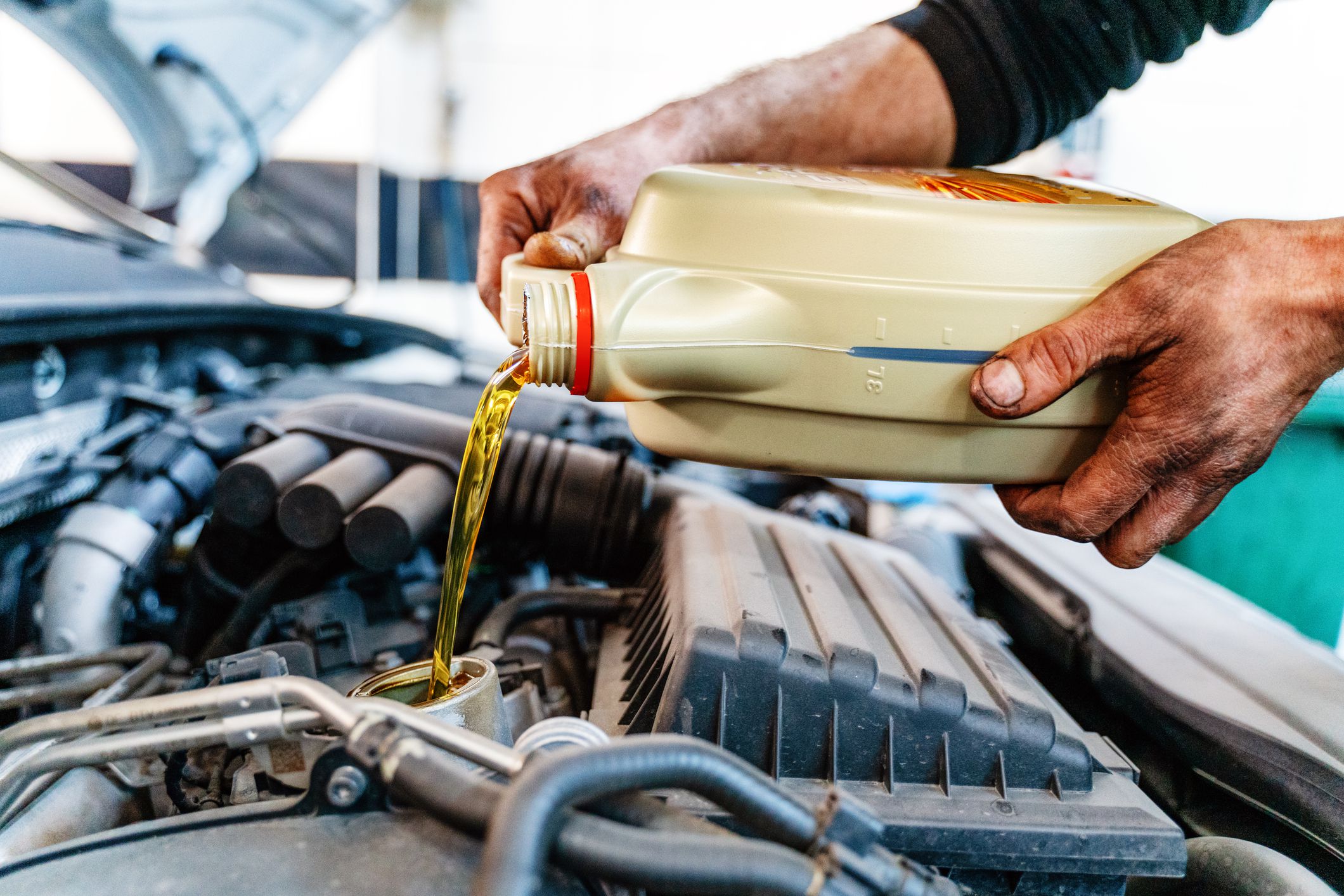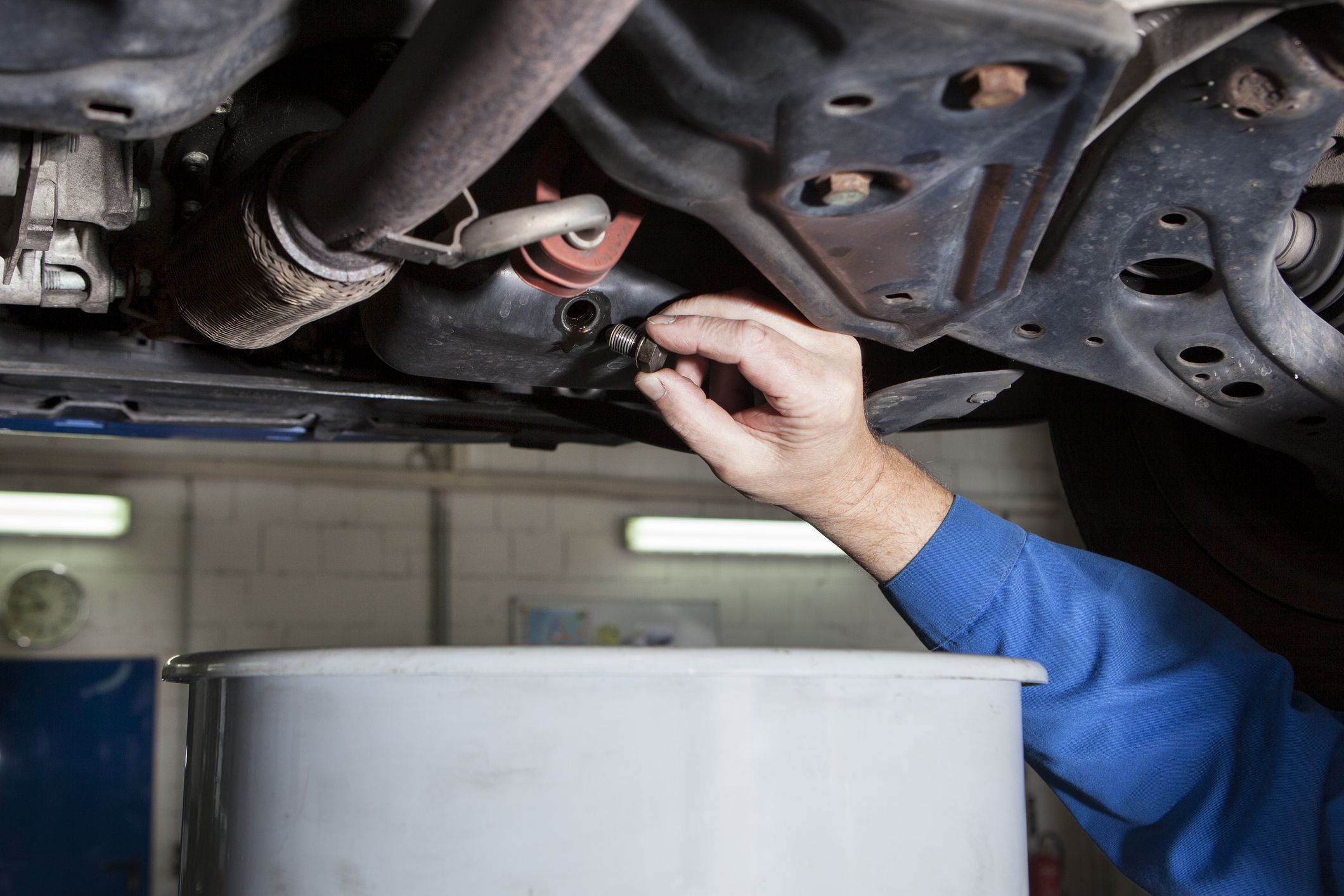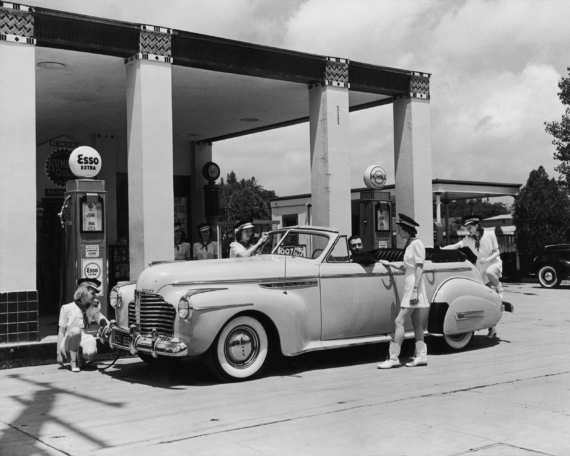Although doing your own car maintenance might be tough for apartment dwellers and the mechanically inexperienced, changing your oil at home makes sense. The process itself is cheap and easy, and more importantly, you can guarantee that you’re doing honest work.
The same can’t be said for quick lube shops where scams, ripoffs, and shoddy maintenance are more common than you’d think.
What could go wrong? Well, we’ve got a list of seven scams and ripoffs that you could encounter at commercial oil change shops.
1. They Might Not Change Your Filter

There’s no guarantee that your mechanic will change your filter. In fact, they might even lie and say they’ve replaced it while leaving the old one installed. That could ruin your engine, experts say. To ensure that your mechanic is honest, ask that they put your old filter in a bag.
2. They Could Use Cheap Oil

Some unscrupulous mechanics might use lower quality oil while charging you for premium brands, affecting your engine’s longevity and efficiency. The problem isn’t that cheaper oil will hurt your engine, as studies have shown that there’s little difference between low-cost and premium motor oil brands. But paying a premium for cheap oil? We’d call that a ripoff.
3. They’ll Upsell You

Shady quick lube shops take advantage of the fact that most customers know next to nothing about cars. Here for our cheap oil change? Well, you’ll also need to flush your steering and brake fluid, they might say. In one investigation, CBC News found that one shop that recommended unnecessary services increased the final bill by more than 10 times what a typical oil change would cost.
4. They Might Overcharge You

If you think about what an oil change actually entails — a filter and around four quarts of oil — you’ll realize it’s cheaper to do at home. Whereas the average oil change ranges from $20 to $100, it should cost around $30 to $45 to do at home. While that doesn’t include extra tools you may need, such as a ramp and filter wrench, you’ll save money in the long run.
Related: Car Expenses That Are Really Worth the Money
5. They Could Damage Your Car

Quick lube shops don’t always hire the most experienced employees. “These guys are straight out of high school, and when they’ve walked into these places, might not have known how to open a hood,” veteran mechanic Mark Sach-Anderson told CBC News. Because they’re novices, these technicians might inadvertently damage your car by stripping your oil drain plug.
Related: Ways You’re Ruining Your Car and Don’t Even Know It
Trending on Cheapism
6. They’ll Suggest Frequent Oil Changes

Quick lube shops are incentivized to push frequent oil changes. But most modern engines don’t need new oil very often, with most cars requiring service every 5,000 to 7,500 miles. Rather than listen to your quick lube technician, consult and follow your owner’s manual.
7. They’ll Be In a Hurry

In a rush to service many vehicles, some shops might not complete the oil change properly. This could mean not filling enough oil, or leaving caps and plugs improperly secured, leading to leaks or engine damage.
For more car maintanence tips, sign up for our free newsletters.






